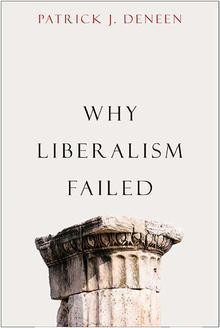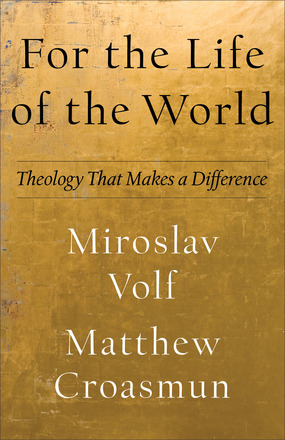Branches to Heaven - A Review
In the process of editing a volume of essays on The Christian Mind of C.S. Lewis, I’ve had the opportunity to read most of Lewis’s published works in the past year or so. I’ve also needed to read the secondary literature about Lewis to better understand his work and how it has influenced contemporary Christianity and even non-Christian literary interpretation.
Lewis is so popular among Christians that there are literally dozens of books broadly interacting with his work. This started even during his life and has continued unabated for the fifty years since his death. Many of the books are formulaic to a fault. They tell the story of Lewis’s early life, show how he was converted, then relate how his fiction was a form of apologetic, etc. A lot of these books are critically banal and biographical hagiographic. That works for a handful of introductory volumes, but it gets really boring to read when the differences between one book on Lewis and another are a few nuggets that someone identified along the way.
For those looking for an insightful introduction to the life and work of C. S. Lewis, I heartily commend the 1998 volume, Branches to Heaven: The Genuises of C. S. Lewis, by James Como. (I should note that Como is one of the contributors to the volume of essays I’m editing, but I commend the book on its merits, not based on personal connection.) Como has also published, Remembrances of C. S. Lewis, an early collection of first-person accounts from those who knew Lewis well. Como has stood as a bridge for those of us later scholars interested in Lewis who did not know the man and have not had opportunity to engage with those who met with and lived with a figure who has now risen to be a folk hero.
Como’s Branches to Heaven, manages to critically celebrate the life and work of Lewis. There is no question that Como is a fan, after all, the subtitle includes the word “geniuses.” However, Como critically engages with Lewis to show the strengths and weaknesses of his work, and points to some of the ways that Lewis, particularly in his early life, fell short of the Christian ideal. In particular, Como deals carefully with the obscure relationship between Mrs. Moore and Lewis, in a way that is respectful and simultaneously non-hagiographic. There is little question that Lewis was saved from sin and that his sanctification was progressive.
The most unique aspect of Como’s book is that he approaches Lewis’s work as a rhetorician. Como was professor of rhetoric and public communication. He situates the non-fiction, prose fiction, and poetry of Lewis within the context of classical rhetorical disciplines. This is exceedingly helpful because there is obviously a lot more going on in all of Lewis’s work than modern literary analysis tends to uncover, and that something has a great deal to do with Lewis’s own rootedness in the classical tradition. Como helps to explain the enduring draw of the work of C. S. Lewis because he helps to answer the question why Lewis’s work is so compelling, aside from its general agreement with orthodox Christianity. In other words, many other faithful Christians have done political commentary or fiction, but I can think of none that have been as enduringly effective as C. S. Lewis. Como’s analysis shows why that enduring popularity exists and why it is warranted.
For those casually interested in Lewis, Como’s book will be informative and engaging. For serious students of the legacy of C. S. Lewis, Branches to Heaven is essential reading.






















There’s no reason to doubt that Jesus was nailed to the cross. Ultimately, I trust what Scripture says about Jesus’s crucifixion because I also trust what it says about his resurrection. And that’s what we should be celebrating this week.